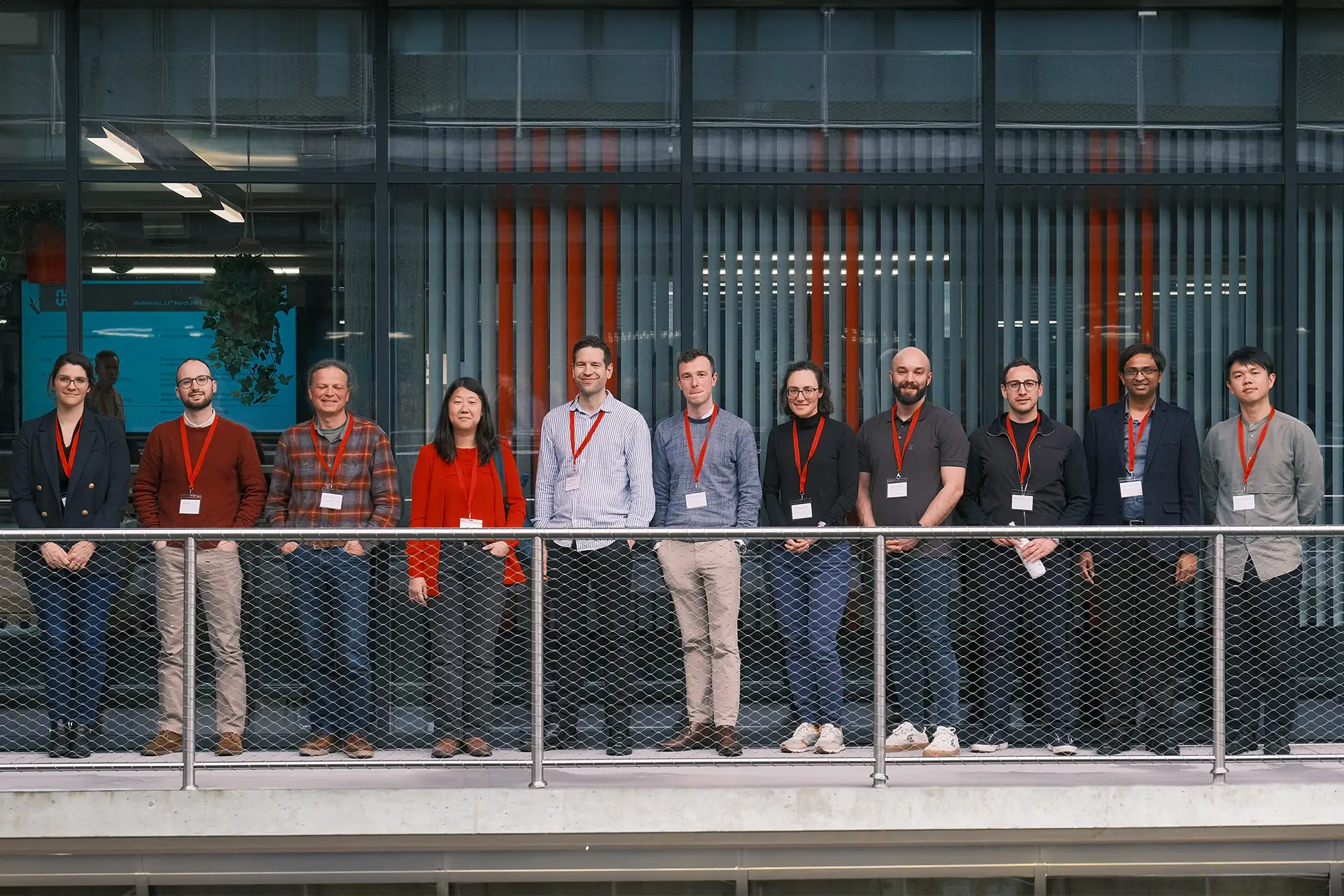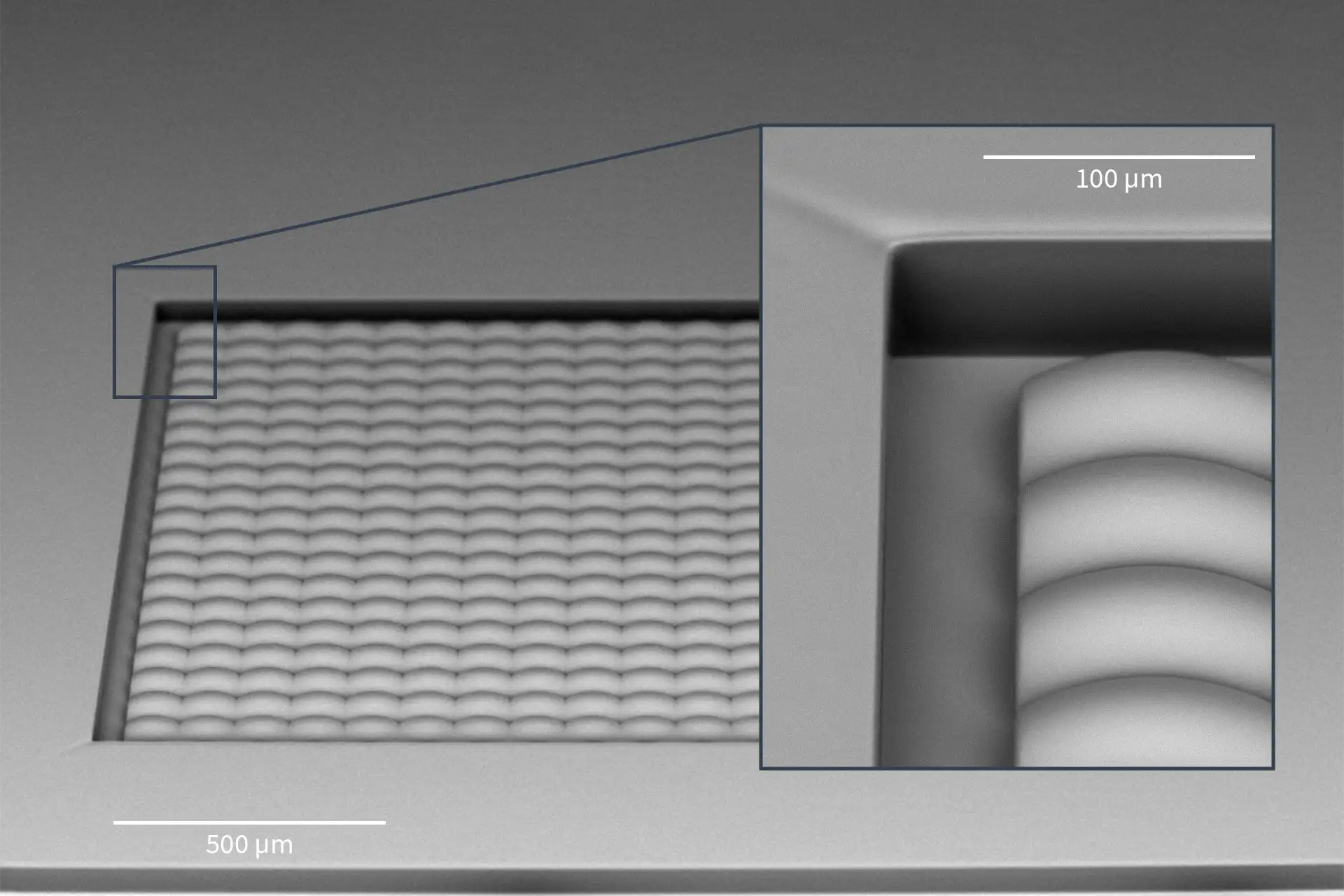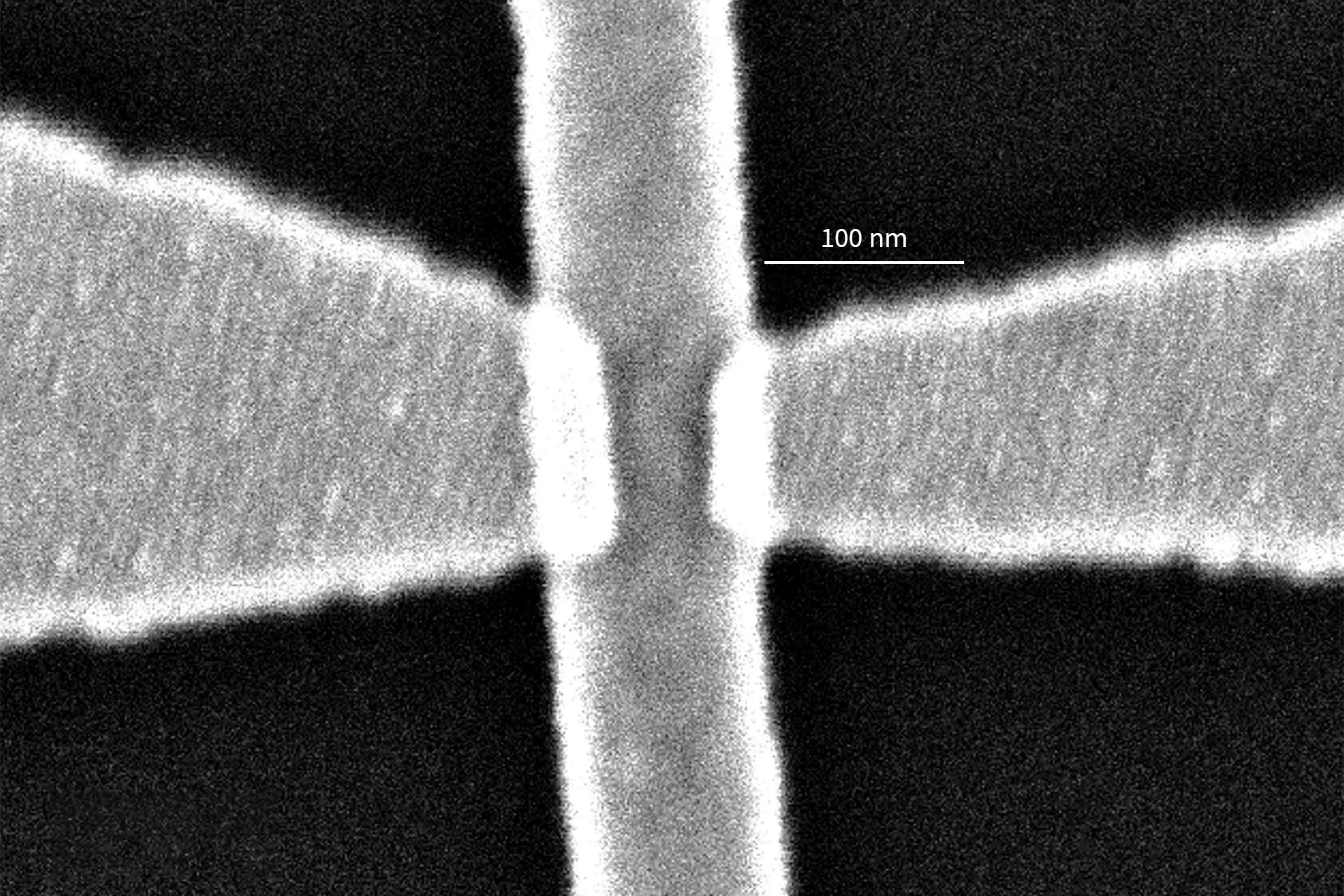The researchers from the groups of Prof. Z. Lu and Prof. W. Zhang, Nanjing University, China, have developed a thermal modification-based template-assisted assembly technique (TMTAA) – a method for deterministic assembly of nanoparticles with size under 20 nm.
Small particles (ca. under 50 nm in diameter) are difficult to assemble in deterministic fashion because particle-substrate interaction scales down with particle size and is extremely weak under 20 nm. TMTAA approach relies on NanoFrazor and encompasses 2 processes: high-resolution geometrical nanopatterning and thermal chemical surface modification. The heated tip of the NanoFrazor increases the adhesion strength of the patterned PMMA/MA substrate, which significantly improves trapping efficiency. In their paper recently published in Advanced Materials, the researchers showed arrays of single quantum dot (10-nm CdS quantum dots, 20-nm polystyrene fluorescent nanobeads), nanoparticle clusters with defined geometrical shapes, and a few nm-scale geometric shapes filled with 20 nm Au nanoparticles.





